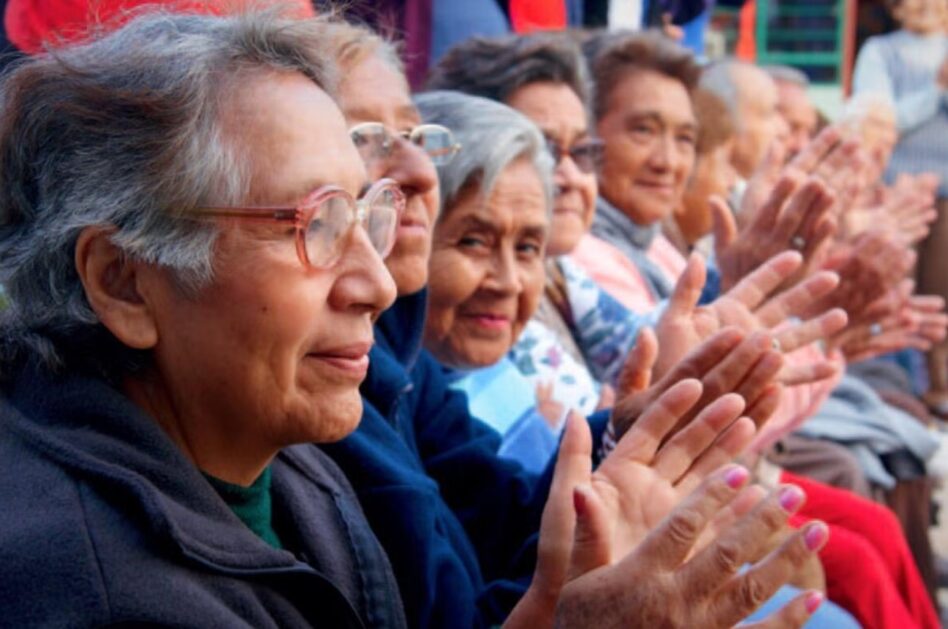RECENTLY, Law and Institutional Reform Minister Datuk Seri Azalina Othman Said raised the proposal to revise Malaysia’s retirement age to 65. She believes that many older Malaysians are still active and capable of contributing meaningfully to the labour market.
But is this the right response to Malaysia’s ageing population? Will it strengthen our economy or create new challenges? We must consider this carefully.
The demographic shift is clear: globally, the number of older people is growing faster than the number of births. Malaysia is no exception. This trend has a direct impact on our productive population.
According to the United Nations, a country is considered an ageing nation when 7% of its population is aged 60 and above. Malaysia reached this stage in 2020 as an ageing nation (negara menua).
By 2030, we are expected to become an “aged nation” (negara tua), with 15% of our population aged 60 and above.
The causes are clear evidence that healthcare and technology have helped people live longer, while fertility rates have steadily declined. But with these gains come significant policy implications.
Where does Malaysia stand?

Globally, the average retirement age was around 65 in 2020, and many countries are already pushing beyond this.
For instance, Australia has set its retirement age at 67, Canada and Brazil at 65, and Singapore is gradually increasing its re-employment age from 65 to 70.
In contrast, Malaysia last revised its mandatory retirement age to 60 years old. While CUEPACS (Congress of Unions of Employees in the Public and Civil Services) has proposed an increase to 62 for civil servants, the government currently sees no urgency to implement it.
However, this perception may not reflect the actual reality on the ground. The number of healthy, capable older adults is increasing, and many of them remain active and eager to contribute.
They are not merely passive recipients of care but valuable contributors to the nation’s economy. In supporting the statement, a powerful example is Prime Minister Datuk Seri Anwar Ibrahim, who continues to lead the country at the age of 78.
While on the other side of the world, Warren Buffett, at 93, remains the chairman of Berkshire Hathaway, after decades of steering one of the world’s largest investment firms.
These examples clearly show that turning 60 does not mean the end of one’s ability to contribute, as being older doesn’t mean being outdated. It means having more to offer with experience, wisdom, and resilience.
Are Malaysians ready to stop working?
Let’s be real, can most Malaysians afford to retire at 60? According to Khazanah Research Institute and Employees Provident Fund (EPF) data, only 36% of EPF members meet the basic savings threshold of RM240,000 by age 55.
This amount would only allow for moderate monthly expenses for around 15 years. But what happens after that? Malaysia’s life expectancy stands at 78.2 years for men and 80.9 years for women.
That means, on average, Malaysians need savings that can last 18 to 20 years after retirement. Without sufficient retirement savings, many older adults face financial insecurity. Stretching the retirement age, with the right support in place, can help ease this pressure and allow older people to remain financially independent.
Government support alone isn’t enough

Under Budget 2025, the Madani government allocated RM1 bil for older adults. This includes RM910 mil for the older person’s allowance, RM10.8 mil for older-person activity centres/Pusat Aktiviti Warga Emas (PAWE), and RM23.5 mil for Rumah Seri Kenangan (RSK) and day care.
These are important initiatives, but they are still not enough to meet the growing needs of our ageing population.
Should the responsibility of supporting older Malaysians rest solely on the government’s shoulders? That thinking would be unrealistic and unsustainable. The conversation must go beyond welfare. We must rethink ageing, not just as a social issue, but as an economic and workforce issue as well.
A balanced and voluntary approach
Raising the retirement age isn’t about forcing everyone to work longer. It’s about giving those who can and want to remain active, financially independent, and socially engaged. It should be based on individual capacity and willingness.
A flexible and voluntary approach that assesses health, cognitive function, emotional well-being, and ability to adapt to technology can ensure that those who are able and willing can continue contributing.
Working longer is not a punishment. For many, it is the key to a secure retirement and continued social engagement. We must begin viewing older adults not as dependents, but as a valuable asset to the nation. – May 22, 2025
Dr Siti Munirah Mohd Faizal Lim is a Senior Lecturer at the Department of Social Administration and Justice, Faculty of Arts and Social Sciences, Universiti Malaya.
The views expressed are solely of the author and do not necessarily reflect those of Focus Malaysia.
Main image: Unsplash/Sweet Life









